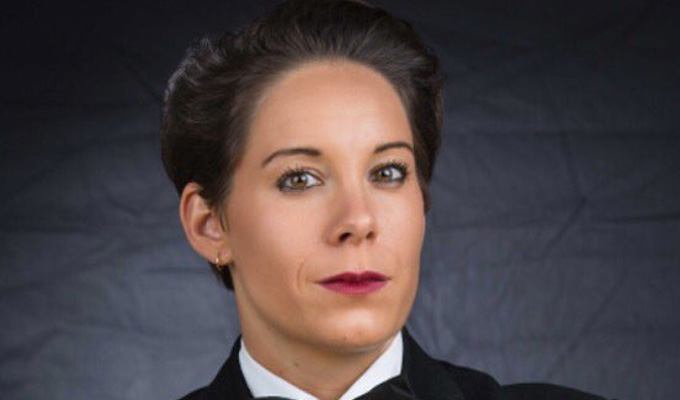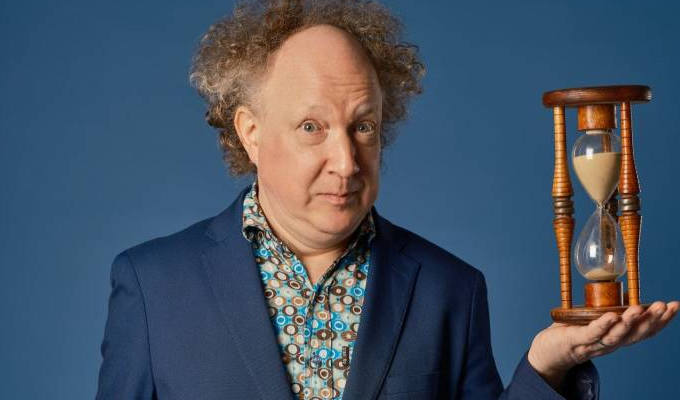
Suzi Ruffell: Keeping It Classy
Note: This review is from 2017
Edinburgh Fringe comedy review by Paul Fleckney
Tricky thing, class. Suzi Ruffell thought she was working-class, then things changed (after moving to London with all its London wankers) and she was suddenly middle-class, and now she’s not sure. Keeping It Classy is the resulting show, and it’s a good’un.
The backdrop to the show is Ruffell’s awful spring this year when two close relatives died and her girlfriend dumped her. And she realised that, in times of stress, it’s her working-class side that she reverts to. It runs through her like the writing in a stick of rock, as they say.
The ‘working-class upbringing, middle-class adulthood’ predicament is arguably an under-examined subject in comedy. Ruffell articulates her own version of it with real verve, building a picture of the most important people in her life, exploring the shifting relationship between her and them. Her dad is un-PC but a good guy; her gran is open-minded about Ruffell being a lesbian but doesn’t get the LGBT thing; her now ex-girlfriend is a free spirit (‘never fall in love with a free spirit’, the comic warns).
A few key people don’t quite have the ring of truth to them, though. Her privileged ex-housemate, Poppy is the archetypal posh lass who doesn’t know she’s born, and Ruffell’s uncle Bob is a working-class, racist pub bore, the only one of her family she’s ashamed of.
Perhaps I’m being unfair, and these people do exist, but at the very least, the way Ruffell portrays them is unappealingly unoriginal; they come across like convenient comedy tropes. It’s Poppy who initially does what a part of Ruffell wants, and hauls her out of her working-class life, teaching her how to pronounce ‘gnocchi’. And yet she is the one who goes missing in Ruffell’s hour of need. Her relationship to class takes another twist.
Even though I don’t find all her characters convincing, Ruffell’s emotional honesty onstage is undeniable and is an especially appealing thing about her as a comic. She performs from the heart, and can’t help but get a bit manic when talking about the events of earlier this year.
She also performs with a permanent sense of imminent mischief, a glint in the eye, which oils the wheels of the show. There are a handful of lovely jokes or observations here and there, like the ‘sad chair’ in the corner of hotel rooms, but her storytelling could do with a few more of those dropped in, to take it to the next level.
What does work well is the ending, in which a mortified Ruffell makes the most of a libellous accusation made about her by Sky in the blurb for a TV show. It’s milked it for its maximum comic worth.
Social mobility is such a core part of British identity, whether you’ve done it, want to do it, or resolutely don’t want to do it. Ruffell gives the subject a good probing, in a very personal show that’s full of energy, charm and well-told stories.
Review date: 10 Aug 2017
Reviewed by: Paul Fleckney









